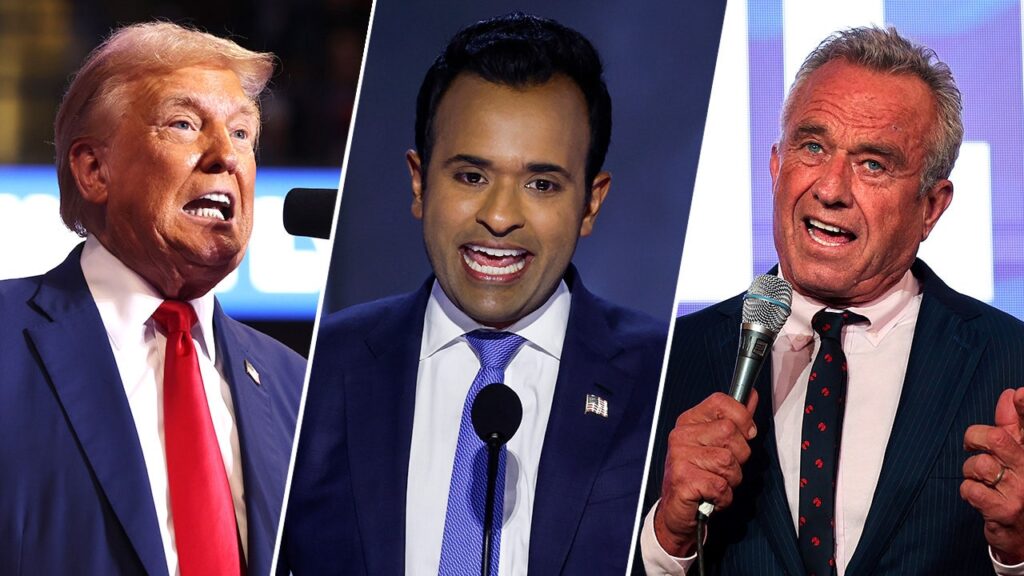
After only four months in office, the outlines of Donald Trump’s legacy to the country are already emerging.
George Washington’s legacy was as the father of his country. Abraham Lincoln was remembered for preserving the nation after a wrenching civil war. Even Franklin Roosevelt’s New Deal took time to implement.
Donald Trump, in contrast, is in a hurry.
The first convicted felon (for the right or wrong reasons) to serve as president, his legacy is set in advance by the many charges and allegations he has faced, including two impeachments. Combined with what appears to be huge conflicts of interest in how he and his family have accumulated great wealth from his time as president, the standards of conduct have surely been corrupted.
The Trump family business is earning billions in new contracts in the Middle East arising from Trump’s visit there — an impressive public relations success. If Jared Kushner had been anyone else’s son-in-law, would the Saudis have given his fund some $2 billion and potential access to some of the possibly $1 trillion in U.S. investment being discussed with Riyadh?
Trump may accuse former President Joe Biden of leading a “crime family.” But even if that were true, the monies would be pitiful compared with what Trump is raking in.
Bitcoin and crypto have been huge windfalls in which investors have been promised or received ringside seats at Trump events.
The parade celebrating the Army’s 250th anniversary is estimated to cost at least $45 million. It coincides with Trump’s 79th birthday, making people wonder about the real reason for the spectacle. And donors will reportedly receive special attention during the parade through a “VIP experience.”
Even if it violates all perceptions of conflicts of interest, none of this may be illegal or a crime. However, if a president is gaining so much wealth — or at least if his family is for the time being — how will future presidents behave?
The old expression of coming to Washington to “do good and end up doing well” has been elevated by orders of magnitude.
In terms of foreign policy, Trump has been everywhere. Although negotiations over Gaza failed, in that Israel has increased the scale of violence by occupying much of the strip, the others are in flux.
Trump took credit for the Indo-Pakistani cease-fire after terrorist attacks in Kashmir, attributed to Islamabad, provoked Indian and then Pakistani retaliation. But negotiations over ending the Ukraine War and preventing Iran from acquiring nuclear weapons are far from settled, despite the administration’s very optimistic reports.
Will this act of diplomacy serve as a catalyst or a deterrent to future presidents? On the one hand, activism can be positive. On the other hand, if it fails — and it may well — new administrations and Congress will take note.
But perhaps most significant to Trump’s legacy is what he has done in expanding executive power and in perhaps irreversibly changing the Republican Party to the MAGA party.
The flurry of executive orders has challenged the system in terms of volume and tests of the Constitution. Birthright status for citizenship and constraints in applying due process to individuals who are in the country illegally are among the most politically visible. However, tariffs and cutting banking regulations could have far more profound economic effects.
The Savings and Loan banking crises of the 1990s and the 2007 to 2008 financial meltdown, which were caused by a failure to oversee and regulate financial instruments that became monetary weapons of mass destruction, must not be forgotten. And the 1929 financial collapse, likewise, allowed the purchase of stocks on margin, turning debt into a time bomb.
In American politics, Trump has accelerated the negative trends of distrusting the government and the collapse of civility and compromise on both ends of Pennsylvania Avenue — both of which have been in play since the Vietnam War. The bile and anger that both sides of the political aisle express are grave threats to the republic and possibly impenetrable barriers to restoring decency and competence to governing.
Clearly, these failings were in place long before Trump. He did not cause them. But he surely exploited and intensified them.
What’s next?
It may well be that Trump tries to win a third term. He could run as vice president, much like Russian President Vladimir Putin ceded the presidency to Dmitri Medvedev for a term, but not the reins of power.
Whether this is constitutional or not, it could be the most lasting legacy of the Trump era. We will see.
Harlan Ullman, Ph.D., is UPI’s Arnaud deBorchgrave Distinguished Columnist, a senior advisor at Washington, D.C.’s Atlantic Council, the chairman of two private companies and the principal author of the doctrine of shock and awe. He is co-author of the forthcoming book, “The Arc of Failure: Can Decisive Strategic Thinking Transform a Dangerous World.”


